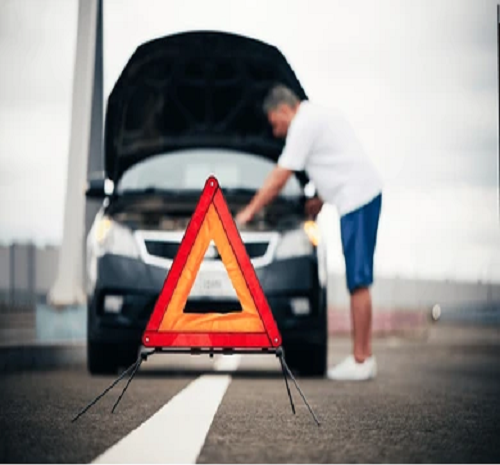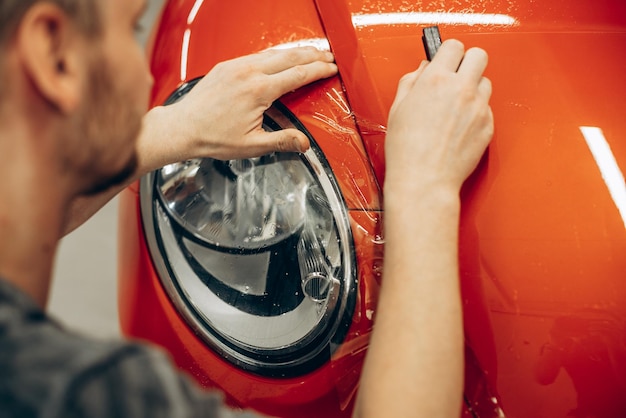Converting your vehicle to run on liquefied petroleum gas (LPG) can be an excellent way to reduce fuel costs and lower emissions. However, before making the switch, there are several critical factors to consider. This guide will walk you through the essential aspects you should identify before converting your car to LPG.
1. Understanding LPG as a Fuel Source
LPG is a mixture of propane and butane, derived from natural gas processing and crude oil refining. It is recognized for being cleaner than traditional gasoline or diesel fuels, producing fewer greenhouse gases and particulate matter. Here are some key benefits of LPG:
– Cost Efficiency: LPG is often cheaper than petrol or diesel, leading to significant savings in fuel costs over time.
– Environmental Impact: LPG burns more cleanly, resulting in lower carbon dioxide emissions and reduced pollutants.
– Engine Longevity: Vehicles running on LPG often experience less wear and tear on engine components due to cleaner combustion.
2. Vehicle Compatibility
Not all vehicles are suitable for LPG conversion. Before proceeding, check the following:
a. Engine Type
Most petrol engines can be converted to LPG. However, diesel engines are not typically compatible with LPG systems. It’s essential to confirm whether your specific model is convertible.
b. Engine Size and Power
Smaller engines may not perform as well on LPG due to reduced power output. Check if your vehicle’s engine can handle the conversion without sacrificing performance.
c. Manufacturer Recommendations
Some manufacturers may void warranties if modifications are made. Research whether your vehicle’s manufacturer has specific guidelines regarding LPG conversions.
3. Conversion Kit Selection
Choosing the right conversion kit is crucial. There are various kits available, and the right one depends on your vehicle type and engine configuration.
a. Types of Kits
– Open Loop System: This is simpler and less expensive but may result in less efficient fuel use.
– Closed Loop System: More complex and costly but offers better fuel efficiency and performance.
b. Certification and Quality
Ensure the kit you choose is certified and complies with local regulations. Look for reputable manufacturers to guarantee quality and reliability.
4. Professional Installation
LPG conversion is a technical process that should only be performed by qualified professionals. Consider the following:
a. Experience and Expertise
Select a workshop with experience in LPG conversions. Ask for references and check online reviews.
b. Warranty and Support
Inquire about the warranty on both the conversion kit and the installation. A good warranty indicates confidence in the product and service.
5. Local Regulations and Compliance
Before converting your vehicle, familiarize yourself with local laws regarding LPG usage. Different regions have specific regulations regarding:
a. Emission Standards
Ensure that LPG conversions meet local emission requirements to avoid fines or penalties.
b. Safety Regulations
LPG is flammable and requires specific safety measures. Understand your responsibilities regarding safety and maintenance.
6. Cost of Conversion
While LPG can save you money on fuel in the long run, the initial conversion costs can be significant. Consider the following:
a. Conversion Costs
Conversion costs can vary widely depending on the vehicle and the kit used, typically ranging from $2,000 to $5,000.
b. Long-Term Savings
Calculate the potential savings on fuel costs. Determine how long it will take for the conversion costs to be recouped through fuel savings.
7. Availability of LPG Refueling Stations
Before converting, check the availability of LPG refueling stations in your area. In some regions, LPG is not widely available, which could limit your vehicle’s usability.
a. Refueling Infrastructure
Research local refueling stations and their locations. A lack of nearby stations could make driving less convenient.
b. Future Expansion
Consider whether the availability of LPG stations is expected to increase in your area, which could impact your decision.
8. Impact on Vehicle Performance
Switching to LPG can affect how your vehicle performs. Evaluate the following aspects:
a. Power and Torque
Some drivers report a slight decrease in power when switching to LPG. However, many find the difference negligible. Test drive a converted vehicle similar to yours to assess performance.
b. Fuel Efficiency
LPG has a lower energy content compared to petrol, which may affect fuel efficiency. Calculate the expected MPG (miles per gallon) for LPG versus petrol in your vehicle.
9. Maintenance Considerations
LPG vehicles may require different maintenance practices. Identify how conversion will impact regular maintenance:
a. Regular Checks
Ensure your vehicle undergoes regular checks for the LPG system. This includes inspecting hoses, valves, and tanks.
b. Professional Servicing
Find a mechanic familiar with LPG systems for servicing. Not all mechanics are equipped to handle LPG vehicles.
10. Insurance Implications
LPG conversion can also impact your car insurance policy. Consider these points:
a. Notify Your Insurer
Inform your insurance provider about the conversion. Failure to do so may lead to issues with coverage.
b. Premium Adjustments
Discuss how the conversion might affect your premiums. Some insurers offer discounts for environmentally friendly modifications.
11. Resale Value Considerations
Consider how converting to LPG might affect your vehicle’s resale value:
a. Market Demand
LPG vehicles may appeal to specific buyers, but the market for LPG cars can be limited in some areas.
b. Documentation
Maintain thorough documentation of the conversion, including receipts, certifications, and maintenance records, to assure potential buyers of the vehicle’s condition.
12. Environmental Benefits
While cost savings are a significant consideration, the environmental benefits of converting to LPG can be a motivating factor:
a. Reduced Carbon Footprint
Switching to LPG can significantly reduce your carbon emissions, making it a more eco-friendly choice.
b. Compliance with Environmental Regulations
LPG vehicles often meet stricter emissions standards, helping you comply with local environmental regulations.
Conclusion
Converting your car to LPG can be a smart decision for many drivers, offering savings and environmental benefits. However, it’s essential to do thorough research and consider the various factors discussed above before making the switch. From understanding the technical aspects of your vehicle to ensuring compliance with local regulations, careful planning will help ensure a successful conversion and a smooth driving experience. By taking the time to evaluate these aspects, you can make an informed decision that aligns with your needs and values.




